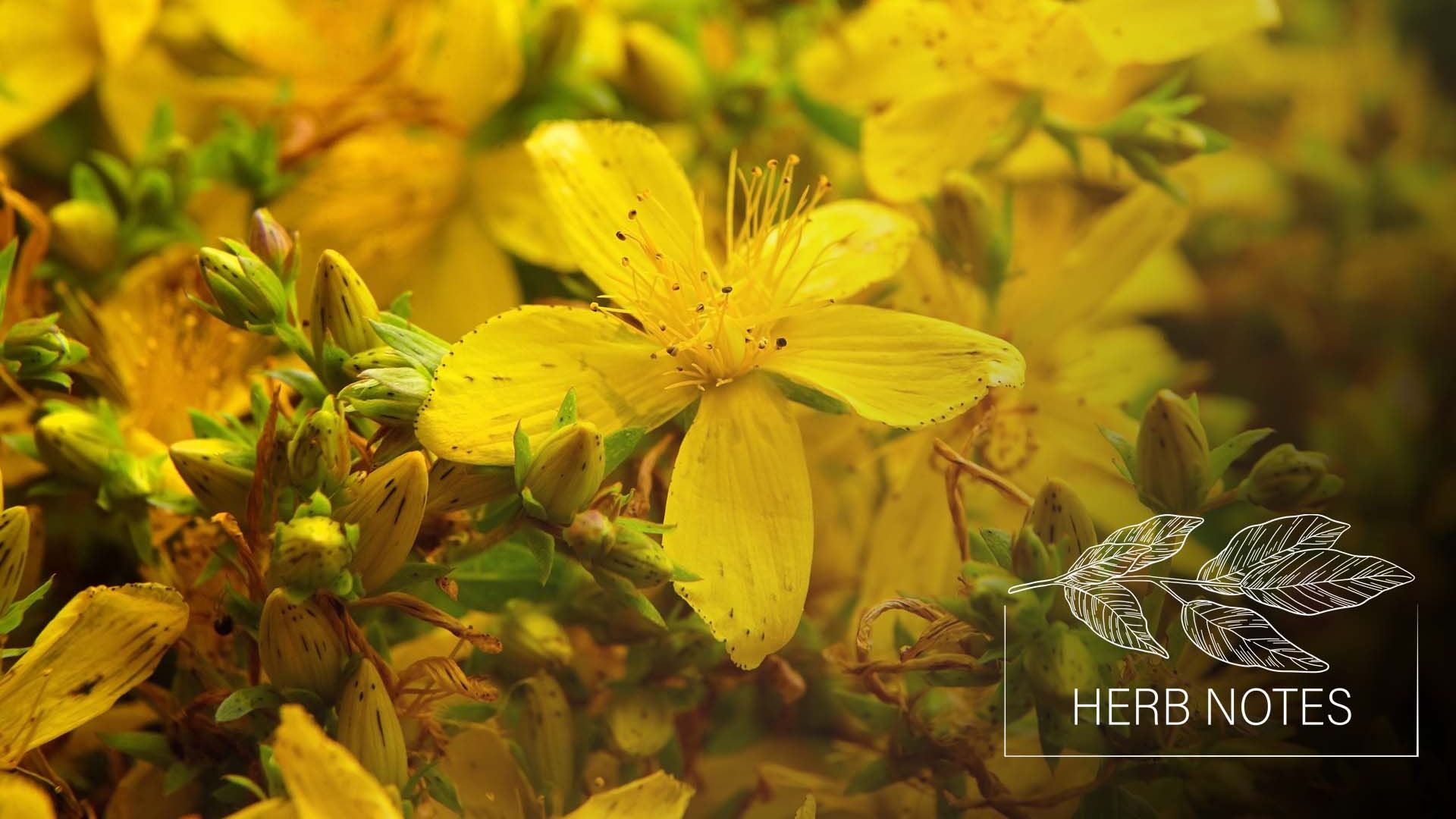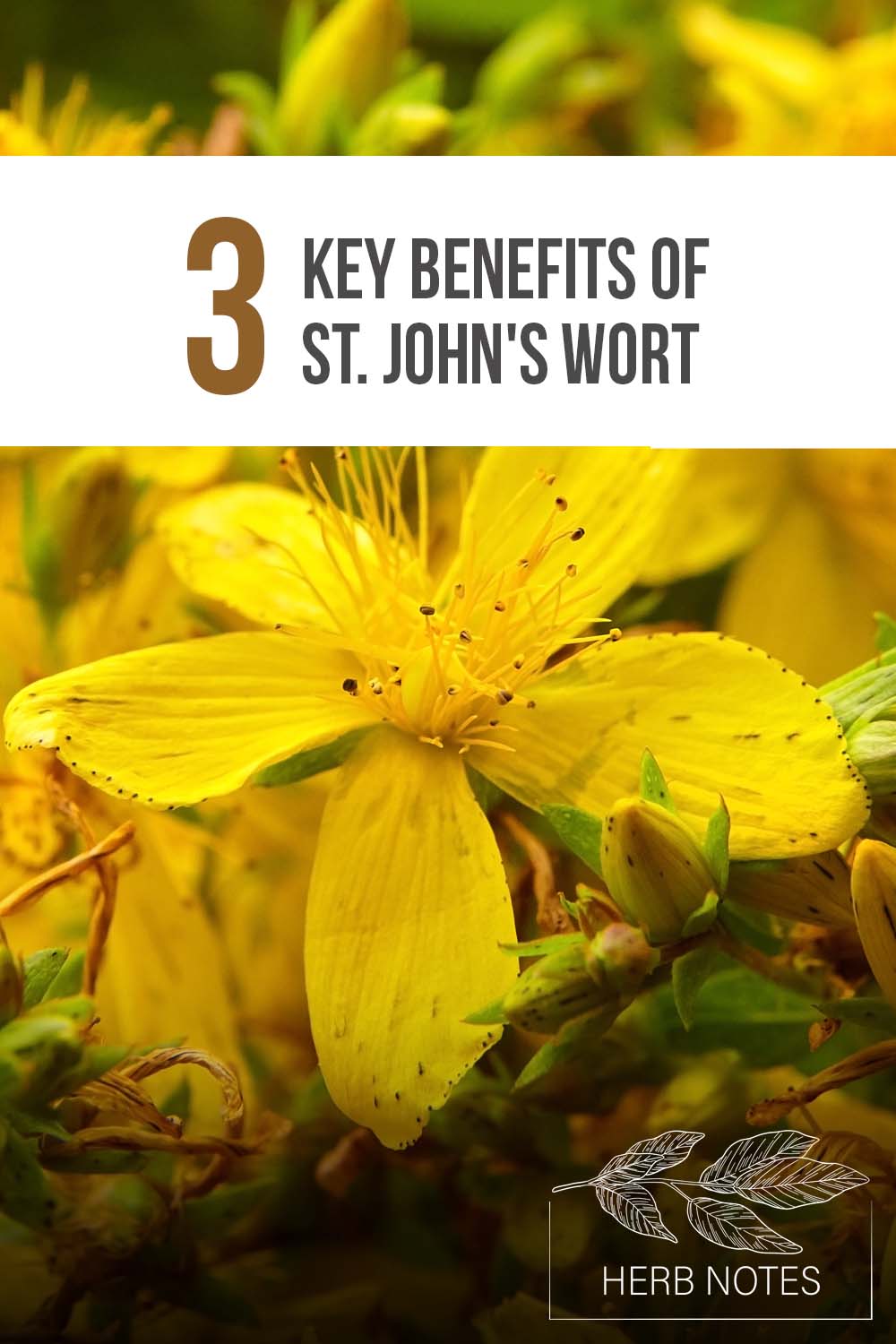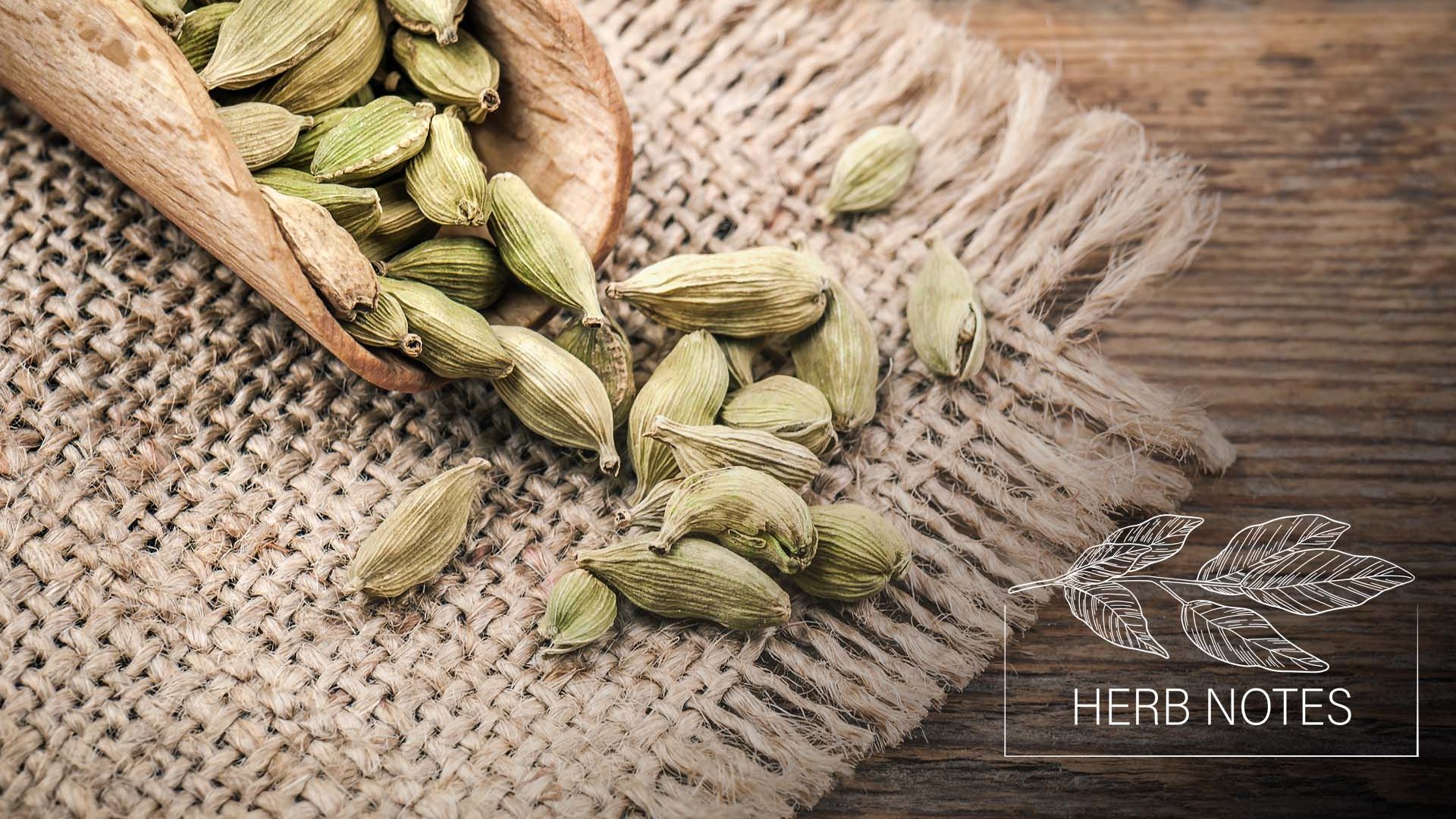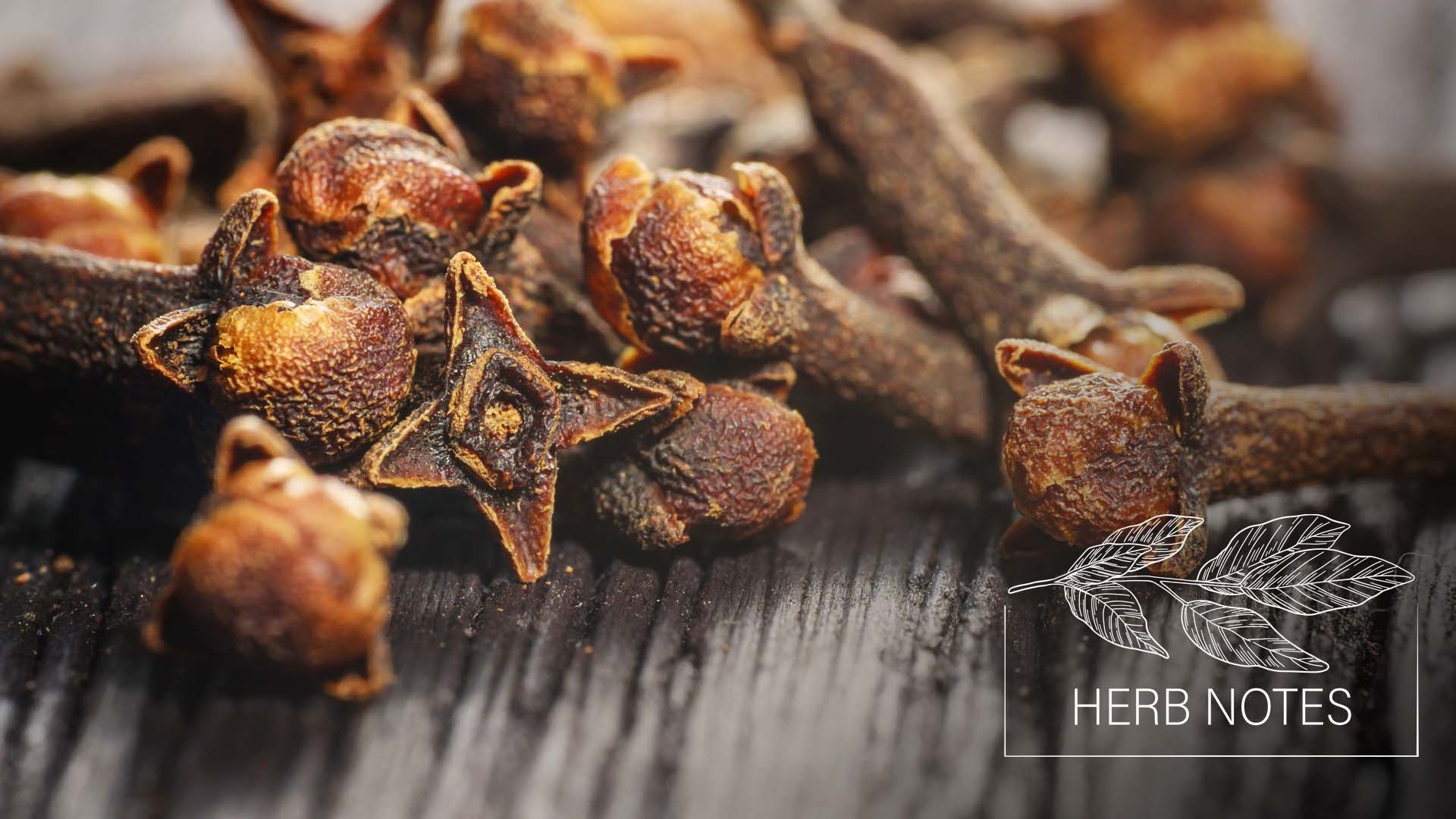
Herb Notes: The Benefits of St. John's Wort
St. John's wort's Latin name is Hypericum perforatum—named for the hypericin content in the plant's flowers and the tiny perforations in the leaves. These hypericin-rich flowers offer many healing gifts.
Want to learn more about the healing gifts of St. John's wort?
Let's dive into 3 key benefits of this St. John's wort...
1. St. John's Wort for Pain
St. John's wort has traditionally been worked with to address nerve pain. St. John's wort is a trophorestorative for the nervous system, which means that it can help nourish nerves to help restore and optimize their function.
A St. John's wort infused oil or salve can be gently massaged into the affected area to help address pain.
2. St. John's Wort for Mood Support
When I make remedies with St. John's wort, it feels like I'm preserving sunshine in a bottle: since St. John's wort blooms on the solstice, remedies with this plant can feel like they hold the bright, full expression of peak summertime—joy and merriment abound!
St. John's wort can lend a mild uplifting support for the mood. However, it's important to note, that St. John's wort doesn't lift everyone's spirits, and despite what claims may show up throughout the internet, this plant is not a cure-all for depression. In fact, St. John's wort can even interact with SSRIs. So keep all of this in mind if you're interested in St. John's wort, and check out the contraindications below.
3. St. John's Wort for Cold Sores
St. John's wort can help prevent herpes outbreaks and shorten their duration.
The herpes virus lives in nerve cells, and St. John's wort is a fantastic ally to address herpes because it nourishes the nerves, has antiviral properties, and modulates inflammation.
St. John's wort shines in a lip balm or salve to help address cold sores.
St. John's Wort Contraindications
St. John's wort can be an incredibly supportive herbal ally, and it's also important to note that this plant has some very key contraindications.
St. John's wort interacts with a lot of pharmaceutical drugs: it increases the metabolic pathways used by many drugs, which reduces blood levels of those drugs and can make them ineffective. Some of these drug types include statins, antidepressants, immunosuppressants, and many more. For a more thorough list, check out the Botanical Safety Handbook by AHPA.
Working with St. John's wort can also cause photosensitivity, so be cautious of sun exposure and avoid tanning beds while using St. John's wort. Also avoid taking St. John's wort concurrently with other photosensitizing drugs.1
Want to Learn More About Other Common Herbs' Benefits?
Now that you've learned a little bit about the health benefits of St. John's wort, you might be wondering how you can learn more about the medicinal properties of other common plants.
Well, here’s the easy way to get more info about some of our favorite herbs: download a FREE deck of our top 12 Herb Notes here. You’ll learn all about the medicinal properties of common herbs like elderberry, dandelion, and more.
Here are a few frequently asked questions about St. John's wort and its medicinal properties...
Why is it called "St. John's wort"?
St. John's wort is named for its brilliant yellow flowers that bloom yearly around the summer solstice, which also happens to be near the birth date of St. John.
Where does St. John's wort grow?
St. John's wort is native to Europe, North Africa, Southwest Asia, and Central Asia. It can also be found throughout North America and parts of South America and Australia.
How do I make St. John's wort oil?
Making an infused St. John's wort oil is a wonderful way to preserve the gifts of this brilliant plan. Here is a step-by-step recipe for making this simple remedy with fresh St. John's wort flowers.










